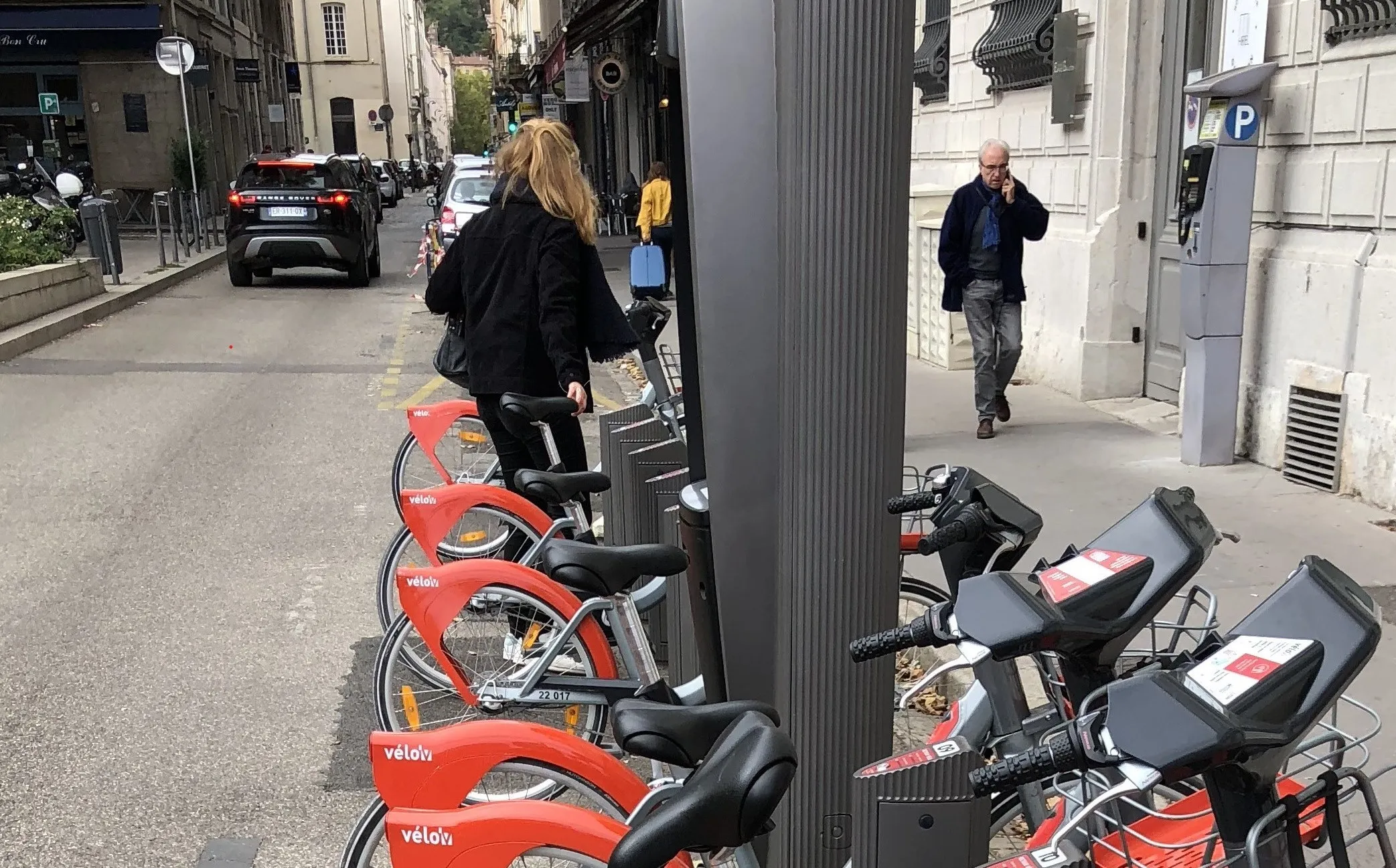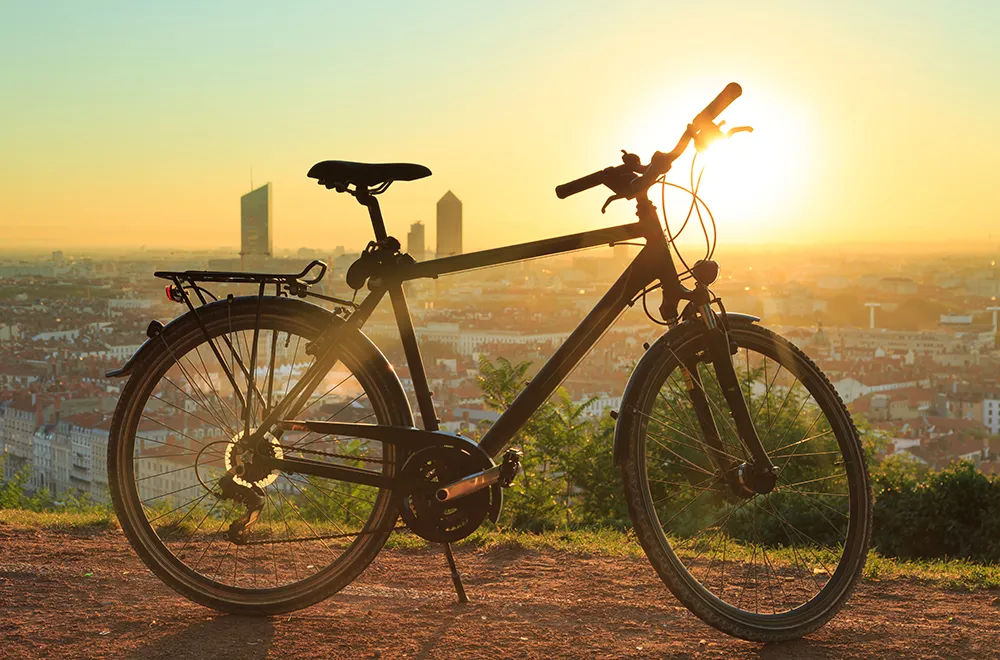The vagaries of cycling laws in New Zealand were laid bare in December after police arrested a naked, drunk cyclist. For police in Timaru, a major port city on the south-east coast of New Zealand’s South Island, it was too much. In the name of decency they would not just stand by and be taunted and teased right in the middle of the high street. Apparently a police sergeant said that the man had not been charged with indecent exposure. Instead, the ever vigilant police decided the main issue was his lack of
May 20, 2015
Read time: 2 mins
The vagaries of cycling laws in New Zealand were laid bare in December after police arrested a naked, drunk cyclist. For police in Timaru, a major port city on the south-east coast of New Zealand’s South Island, it was too much. In the name of decency they would not just stand by and be taunted and teased right in the middle of the high street. Apparently a police sergeant said that the man had not been charged with indecent exposure. Instead, the ever vigilant police decided the main issue was his lack of a helmet and subsequently fined him accordingly. Failing to arrest him for naked cycling was no cover-up by the police. And even though there was a whiff of drinking and driving, or cycling as the case was, police were powerless to arrest him – cycling while under the influence is not illegal in New Zealand. The precedent for going au naturel had been set back in 2010 when another nude New Zealand cyclist, Nick Lowe, won his appeal to the High Court against his conviction for offensive behaviour. His original conviction was based on his nudity causing offense to a woman motorist who complained.







